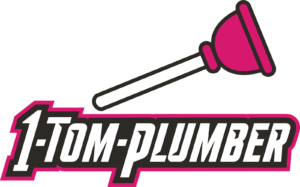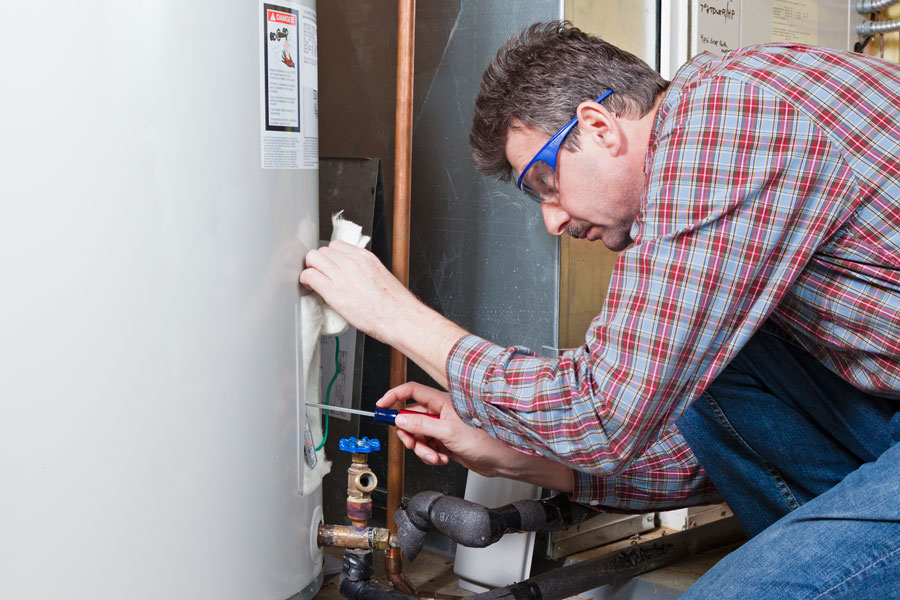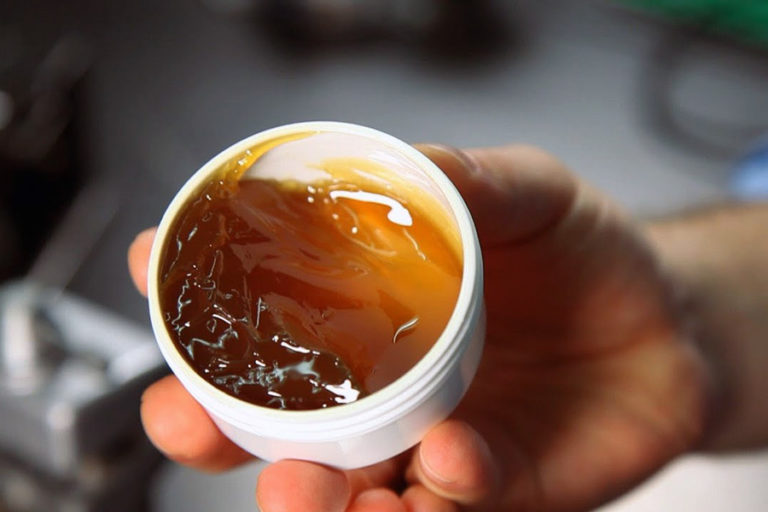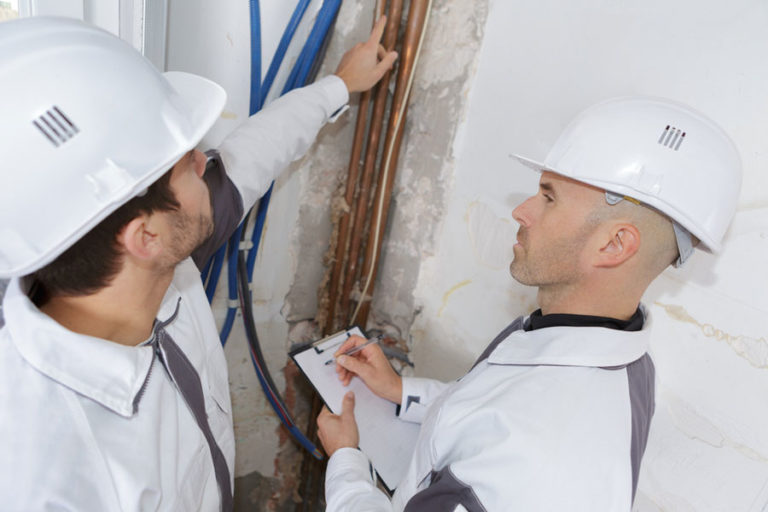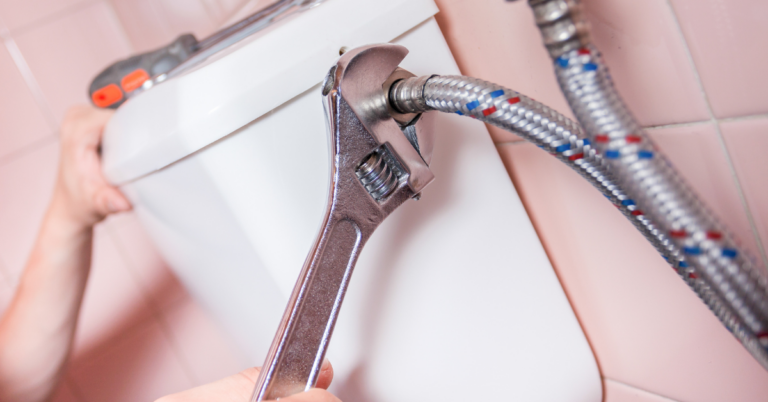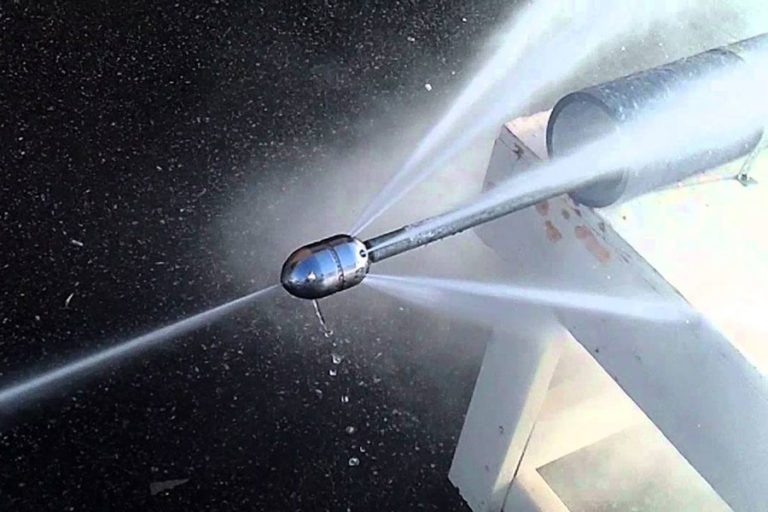How to Maintain & Troubleshoot Your Water Heater
Today’s hot water heaters generally provide years of trouble-free service as long as you conduct regular water heater maintenance.
Just a little effort on your part, however, can extend its life even further and cut down on energy costs and repairs while holding off replacement.
Even better, by knowing how to troubleshoot problems, you might save yourself the expense of replacing this costly piece of equipment by repairing it instead.
Maintaining a Water Heater
Of course, you should always check your water heater’s instruction manual for any tips and recommendations. However, if you’ve lost (haven’t we all?) the documentation that came with your water heater, here are a few maintenance tips:
1. Drain Your Water Heater
Some manufacturers recommend that new gas or electric units be partially drained every two months during the first year of operation and every six months after that.
That’s probably overkill, but a routine of partially draining (also called flushing) the water heater once a year is a good idea. This reduces or removes sediment and other debris from the water at the bottom of the tank. Here’s how:
- Turn off the water shutoff valve located above the water heater (on the cold water supply pipe)
- Place a bucket under the tank’s drain valve, or fasten a hose (yes, a garden hose) to the valve (it just threads on and off) and run the end of the hose to a floor drain.
- Open the drain valve and let out water until it runs clear
- Close the drain valve, remove the hose, and turn back on the water shutoff valve
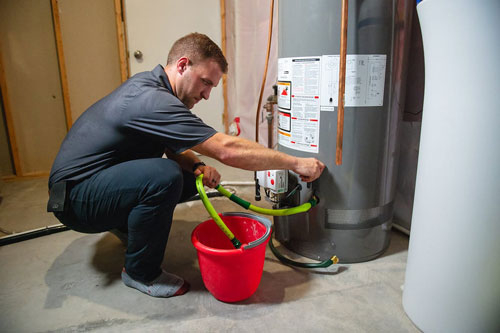
2. Check the T&P Valve
A T&P valve is a short name for Temperature and Pressure Relief Valve (or, as some people call it, a TPR valve). It is perhaps the most important safety device in your home. Why? It prevents a water heater from exploding due to excessively high water temperature and pressure.
- Lift the handle on the T&P valve for 5 seconds
- Do not wear open-toed shoes or bare feet; the hot water that comes out of the drip tube (attached to the T&P valve) can scald
- If water does come out of the drip tube, it means everything is working fine.
- If water continues to flow out of the tube after you’ve closed the valve, then you need to replace the valve immediately (best handled by a plumber). It’s probable that sediment has caused the valve to not work properly.
3. Inspect the Flue
If your water heater is gas-fired, inspect the flue assembly. The flue is similar to a fireplace flue. It captures fumes and releases (vents) them safely outside through your vent system.
- Check the flue every 6 to 12 months to make sure nothing is obstructing air flow
- Also, place your hands at the bottom of the flue (without touching it; it can be hot!)
- If you can feel air flowing past your hands and into the flue, then it’s working properly
- If there is no air flowing, or it flows the wrong way, then you have a problem and should contact a plumber
PRO TIP: Another way to check if the air is flowing properly out of your flue is to hold a single sheet of toilet paper next to the flue opening. You’ll be able to see if the tissue is drawn toward the flue (which is good), away from the flue (which is bad), or doesn’t move at all (also bad).
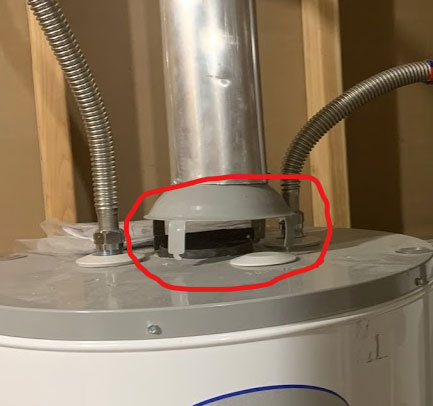
4. Add a Water Softener
This tip might sound odd, but hear me out. One of the biggest reasons for plumbing repairs is corrosion.
The corrosion most often comes from the accumulation of hard minerals which calcify on metal pipes. This creates clogs and leaks. If you want to have fewer plumbing repairs in general, and a longer-lasting water heater, consider purchasing a whole-house water softener system.
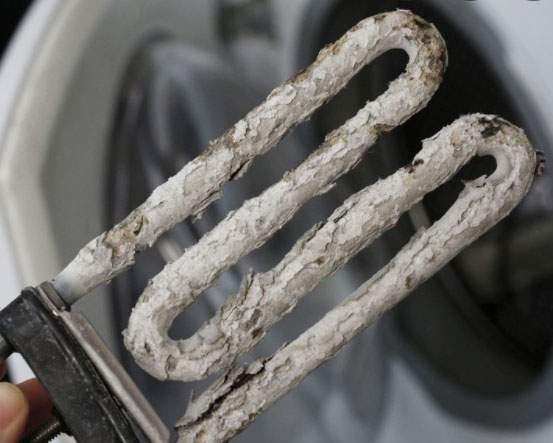
Troubleshooting a Water Heater
Water heater maintenance also means being aware of problem symptoms and quickly resolving them. Here are some of the most common water heater troubleshooting tips:
Hot Water Smells like Rotten Eggs
If your hot water smells like rotten eggs, then you may need to change out the anode rod in your water heater. Most anode rods are made of magnesium, as it corrodes it can cause a reaction with the water that causes the smell.
Another reason for the smell could be a sulfur bacteria, called SRB. This bacteria is not dangerous to our health but does cause the horrific smell.
The fix for this is replacing your anode rod with a powered anode rod. They are made of titanium which resists corrosion. The power causes a small current which helps reduce the chance of SRB coming into the water heater.
Final Thoughts
Water heater maintenance and troubleshooting can keep your tank pumping out hot water efficiently for years to come. In fact, routine maintenance can extend its life by years. And that could save you hundreds if not thousands of dollars.
It also has benefits far beyond cost. Maintaining your water heater keeps it safe, ensuring that temperature and pressure problems don’t turn it into an explosive device.
Related Resources
- A clear guide to the parts of a water heater
- 5 tips for preventing a leaking water heater disaster
- How to relight your water heater pilot light
- How long does a water heater last?
- Water heater repairs
- How to test your water heater’s T&P valve
- Does your water heater need a water softener?
Call 1-Tom-Plumber
Don’t hesitate to contact us here or call us at 1-Tom-Plumber (1-866-758-6237) if you need help safely maintaining, repairing, or replacing your water heater.
1-Tom-Plumber’s certified team of plumbers and drain technicians respond immediately to any emergency plumbing, drain cleaning, or water damage problem. We also handle the excavation of underground water lines and sewer main lines. Our immediate-response team is available every day and night of the year, even on holidays.
